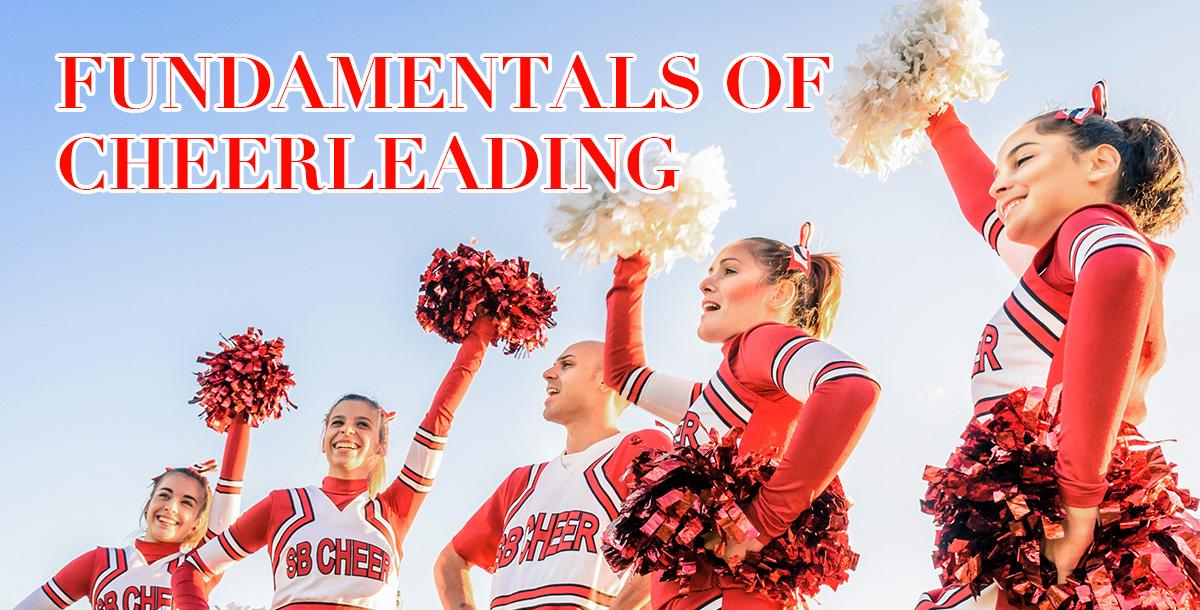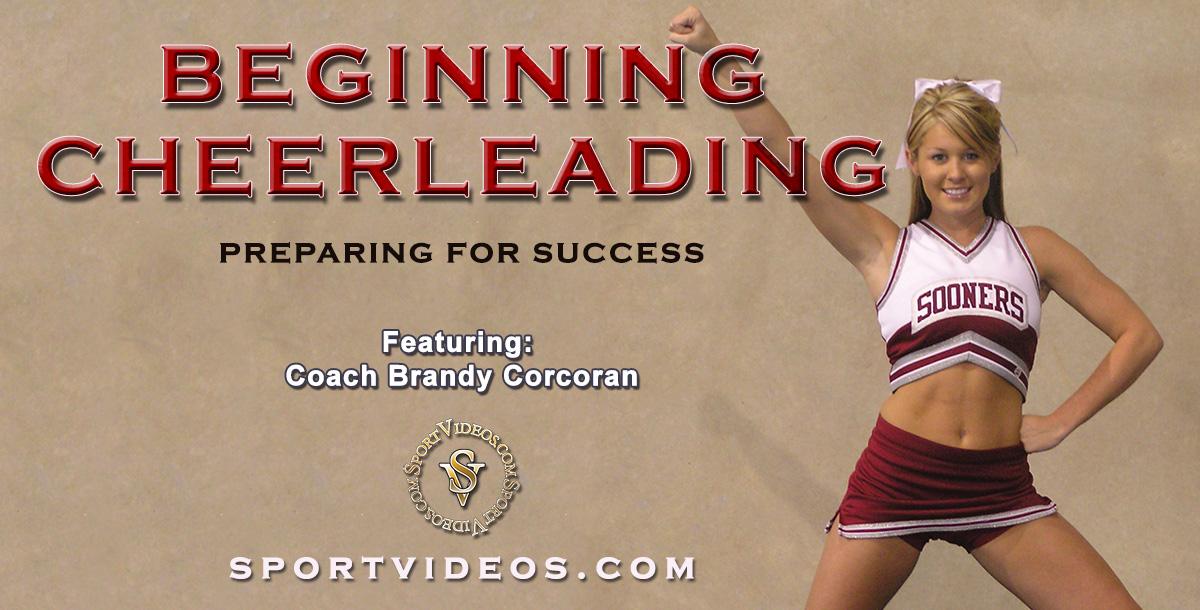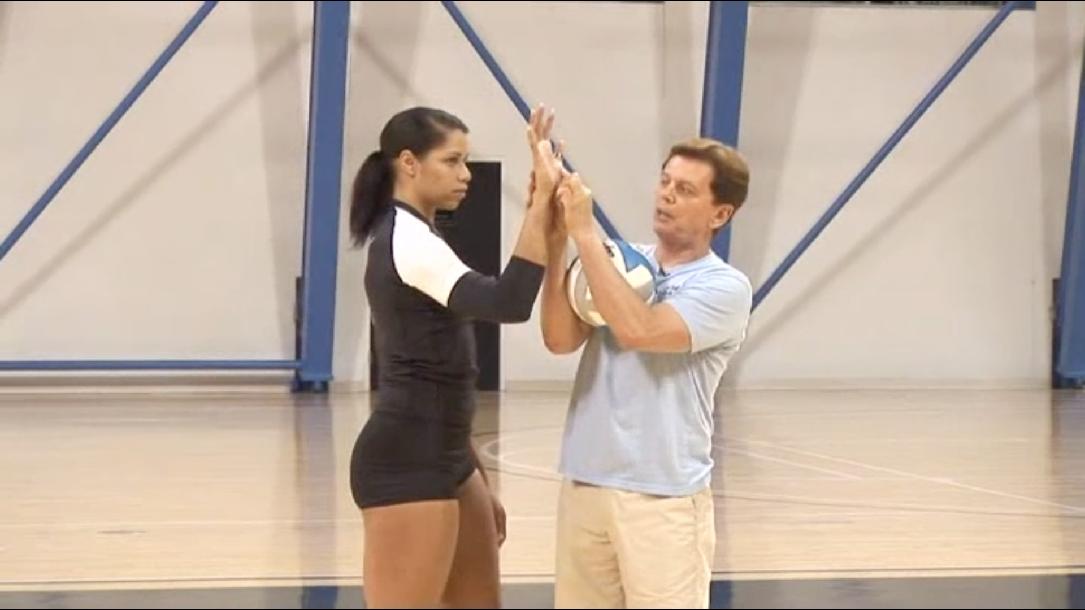- Author Tony Grayson
A version of this statement is often passed down within families. It comes from a variety of sources. One is Shakespeare's "The Merchant of Venice": "The Truth will Out." In Ephesians 5:9 of The Bible, a modern translation fits the statement: "The light within you produces what is good, right, and true." Essentially, it is the little voice in our heart that tells us right from wrong. The world is on fire when enough people do not listen to that little voice. Yet, time after time, even when the world is on fire, enough people have listened, combined, and acted for the collective good. Another quote: "When bad men combine, the good must associate; else they will fall one by one, an un-pitied sacrifice in a contemptible struggle." Give Edmund Burke, an Irish political philosopher, credit for saying something that we all know to be true.
It tends to happen in small groups. Someone does something out of line. What do the others in the small group do? Usually, they tolerate the act. Then, the antagonist believes that his/her activity has borne fruit. It happens again. Most likely, the group will take note, but will not get involved. A psychologist among them would have an opportunity to conduct a case study on what has become a group dynamic. For everyone else in the group, this could be the opening volley of misery. This is the tyrant in the office, the bully on the school ground,the rule breaker and mischief-maker. What happens if someone in the office realizes, after repeated disruptions, that he/she must stand up to the tyrant? What indeed? If one good person takes a stand, the rest of the group still must do something. Usually, they do nothing. "Let Human Resources handle it." "Discipline is the teacher's job." These moments are a test of character for everyone in the small group. If someone stands up for right, and stands alone, the stronger personality will win. Quite often, the stronger personality belongs to the tyrant. An emboldened tyrant will dominate, much as a sheep-herding dog dominates sheep that outnumber the dog, perhaps 200:1.
Citizens
People predominately live their lives as members of a human society. In some parts of the world, those societies are still called tribes. In industrialized countries, citizens often form around villages, towns, cities. Folks identify themselves to be part of a district, a state, a region and a country. Besides geography, people form around their familial ties, their religion, their sport team, their school, their earned educational designation (society of engineers, local labor union). In all of these examples of shared human bonds, the rule of law is necessary. Someone must lead. He/'she is expected to promote the welfare of the society through governance. Tests of our character are found here too. The same people who will not listen to their inner voice, will not stand up for righteousness, will not support the one who does, also will not likely contribute to the society. They will not lead or volunteer to support. They will not vote and will not communicate with the one who was elected. When trouble comes,they expect the police to handle it. When their child acts out in public, they will not correct the child. Their country might have been born from sacrifice. Others, before them, may have given their lives to guarantee the freedoms that all of the citizens enjoy. Yet, in time of need, during crisis, and even during the safe times when voting in the best leader is so important, so many will shirk their obligation to their ancestors and to the society's needs today. They will not listen to their inner voice. "Let someone else vote." "Someone should say something to that lady who lets her dog C*** on their lawn." "I don't have time to answer that senator who asked me how he is doing in Congress." "Those poor starving people in the earthquake zone;someone should organize food for them." "What is the world coming to? Those people have just taken another country. Don't they realize that their leader is a tyrant? I hope we stay out of it."
The rule of law only works when society enforces the rule. Many will argue that there is too much corruption and crime in the world, too many different points of view to gain consensus on what is right, vast distances in geography, and greater personal risks today make it harder to take a principled stand. Yet,no argument has the strength to withstand public scrutiny or self-examination. When we do not take a stand, we stand for nothing. Edmund Burke is not remembered for being correct about the stands that he took. He is admired for standing up. Any of us who have done that in our lives, look back on the moment without the stinging rebuke of regret. The ones who stand alone against the tyrant and bully stand tall, even if they lose. It is the ones who will not stand with him/her, those who let themselves fail the test of character, who cast their eyes down to their shoes in the presence of the one who was sacrificed. But, take heart. Some of the most admired, good people of societies were slackers for much of their early lives. One day,they looked up and stood up for right. That became their habit. The truth will stand when the world is on fire. Truth is revealed by people who will not tolerate a wrong. When they stand, they are the rock. Those who stand with them build a stone wall about that rock. Never are there too many of them to extinguish a moral fire. There can be too few. Stand up!










